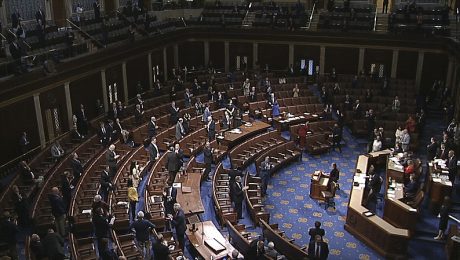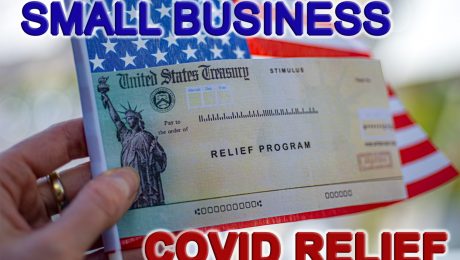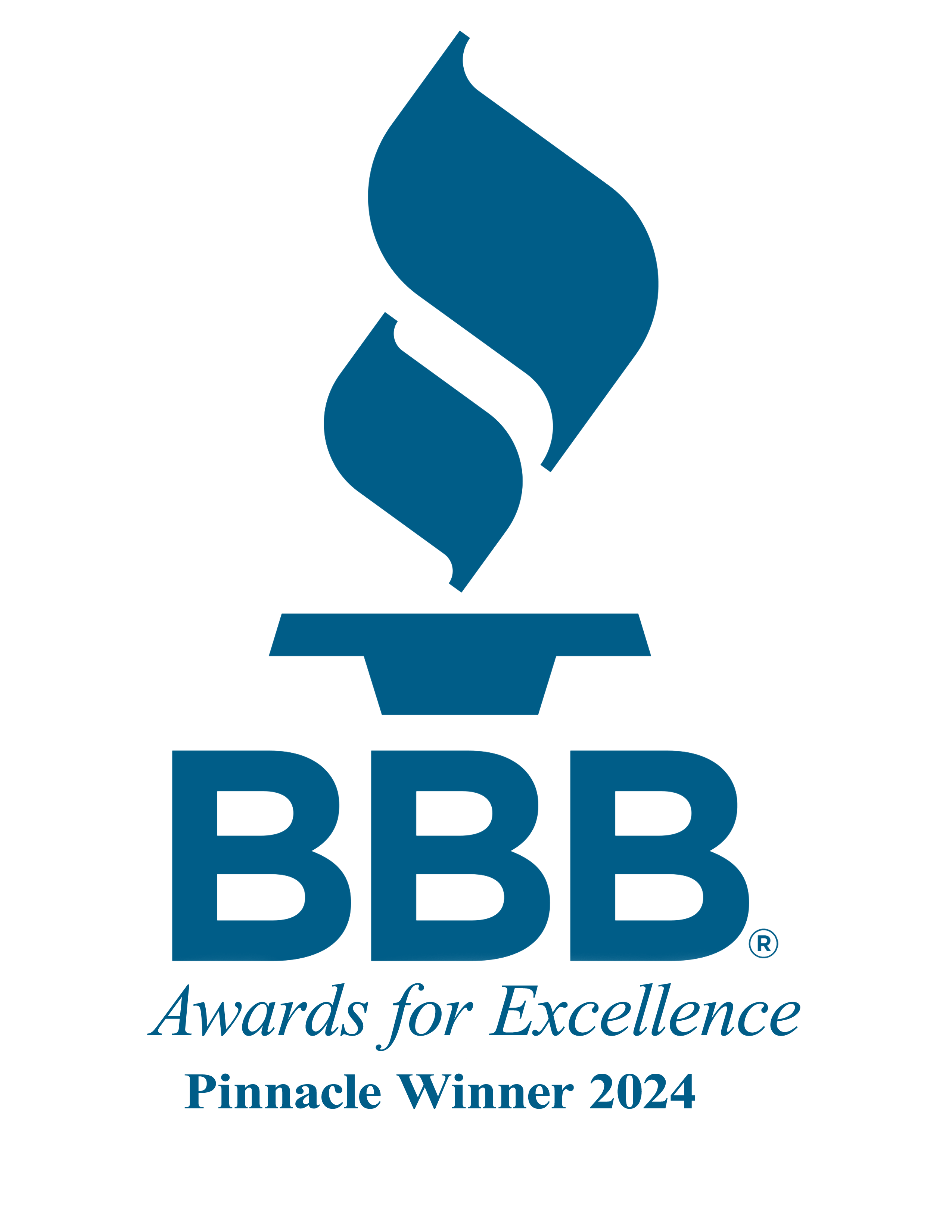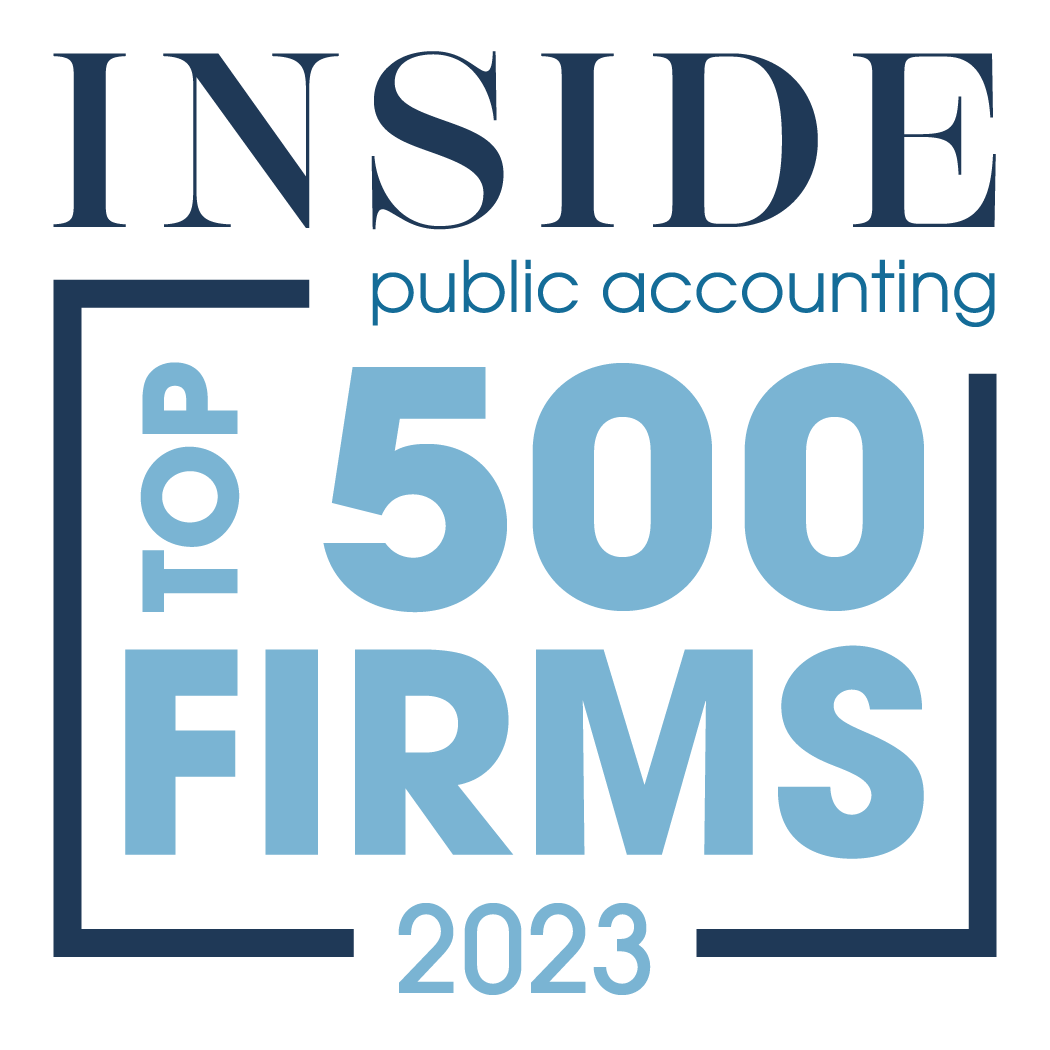Compromise Coronavirus Package
After meeting every day for more than a week, Nancy Pelosi (House Speaker, D-California), Chuck Schumer (Senate Minority Leader, D-New York), Steven Mnuchin (Treasury Secretary), and Mark Meadows (White House Chief of Staff) are trying to find a compromise between the
Democrats’ $3 trillion proposal and the Republicans’ $1 trillion package. While negotiations are still going on, the framework for the next stimulus package called the March to Common Ground has been released. The March to Common Ground includes proposals and key compromises from both parties. The Proposals are being led by Representative Josh Gottheimer (D-New Jersey) and Representative Tom Reed (R-New York) and are being supported by 50 lawmakers—25 Democrats and 25 Republicans.
THE MARCH TO COMMON GROUND
The United States Treasury has already claimed they would accept a $1.5 trillion deal, however the Democrats may have to make more compromises for the deal to go through. As of right now, all eyes are on the Democrats to see if there will be a successful compromise. The framework for the March to Common Ground includes:
- $1,200 second stimulus checks and $500 per child and dependent adults
- $450-$600 weekly unemployment benefits
- $500 billion to state and local governments
- $290 billion for Paycheck Protection Program and other small business programs
- $100 billion for virus testing and tracing and public health
- $25 billion for mortgage and rental assistance
- $145 billion for schools and child care
- $25 billion for broadband, agriculture, Postal Service and Census
- $11 billion for WIC and SNAP assistance
- $400 million for 2020 elections
- Student loan forbearance through December 31, 2020
- Worker and Liability Protections
PAYCHECK PROTECTION PROGRAM
The Paycheck Protection Program (PPP) was created to help small businesses during the COVID-19 pandemic. It is a loan program designed to provide a direct incentive for small businesses to keep their workers on the payroll to reduce unemployment. Most small businesses who took out a PPP loan earlier in the year have exhausted the resources, and for many, the company and their employees are hanging in the balance.
A major component of the March to Common Ground relief framework includes $290 billion for the PPP and other small business programs. $240 billion of this fund is allotted for the PPP which will allow small businesses to take out a second PPP loan and will allow for a simplified forgiveness process. In addition, $50 billion has been allotted for the Targeted Employee
Retention Tax Credit (ERTC).
ANOTHER DELAY TO THE BILL
On Tuesday, September 22, House of Representative leaders abruptly delayed plans for a floor vote on a stopgap funding measure that is needed to avoid a partial government shutdown. Even with the stopgap funding measure passed in the House, it still needs to be approved by the Senate and President Trump to ensure the government does not have a shutdown in eight days. Continual hiccups of this nature will slow down congressional leaders and their approval of the March to Common Ground as well as other bills.
Submitted by:
Kendra May
- Published in Uncategorized
Small Business COVID Relief Framework
According to the Small Business Administration (SBA), there was $518 billion in funding for the 4.9 million Paycheck Protection Program (PPP) loans that were approved. However, Goldman Sachs reported that 84% of small businesses that received a PPP loan will have exhausted the funding by the beginning of August. With October right around the corner, most small businesses have indeed exhausted all their funds and many businesses are fighting to stay afloat amid the COVID-19 pandemic. Furthermore, businesses located in distressed areas and operated by people of color did not have the ability to obtain anything from the first round of PPP loans.
THE SOLUTION
To mitigate businesses from falling under, $240 billion for a second-round of PPP loans could help sustain businesses. This PPP loan would include flexible use, full transparency, simplified forgiveness, and prioritize distressed businesses. Borrowers would have an easier application as there will be significantly less paperwork to fill out for loans under $150,000 but would still have to maintain the record as SBA reserves the right to “review and audit these loans to ensure against fraud.” The flexible use could include allowing businesses to use the loan for face masks, plexiglass shields, improving HVAC system, and/or adding furniture that encourages social distancing.
With $145 billion remaining from PPP to be re-appropriated, $95 billion of the money can be distributed into a variety of things, including $11 billion for Community Development Financial Institutions Funds (CDFIs), $17 billion for small/community banks, $17 billion for mid-sized banks, and $50 billion for Economic Injury Disaster Loans (EIDLs). The CDFI program offers both financial assistance and technical assistance to CDFIs. This assistance allows the CDFI organizations to meet the needs of the communities they serve by financing businesses and providing affordable housing units. Small and mid-sized banks would benefit from the relief by not collapsing after loaning money to businesses that have gone bankrupt due to the pandemic. The EIDL program is designed to provide economic relief to businesses affected by COVID-19. This covers working capital and normal operating expenses such as:
- Health care benefits
- Rent
- Utilities
- Fixed debt payments
The other $50 billion can be used for Targeted Employee Retention Tax Credit (ERTC). This is a refundable tax credit against certain employment taxes equal to 50% of the qualified waged an eligible employer pays to employees from March 12,2020 to January 1, 2021. Those eligible can receive immediate credit by reducing employment tax deposits.
The Main Street Lending Program should also be rectified to help businesses in need. This program was established on April 9, 2020 by the Federal Reserve to support small to medium profit businesses and nonprofit organizations that had good financial standing before COVID-19. The Federal Reserve will buy 95% of new or existing loans to qualified employers, while the issuing bank will keep 5% to discourage irresponsible lending. In exchange for the loan, employers must make reasonable efforts to maintain payroll and retain workers.
However, even with these solutions, Congress has yet to pass the second-round PPP loans, and according to the Silicon Valley Business Journal, the chances of a second round of PPP loans or any small business stimulus from Congress is beginning to fade as the election nears.
SUBMITTED BY:
Kendra May
- Published in Uncategorized








